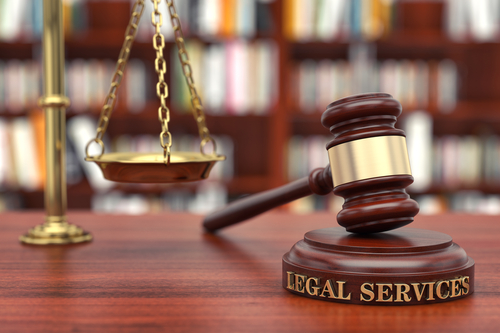BY DEBRA CASSENS WEISS
AMERICAN BAR ASSOCIATION JOURNAL

The New Mexico Supreme Court has appointed a work group to consider whether the state should allow licensed legal technicians to provide civil legal services.
The court has asked the group to submit a report by January 2020, according to a May 21 press release. Courthouse News Service and the Las Cruces Sun News have coverage.
The state supreme court is asking for recommendations regarding legal technicians, as well as other possible changes in court rules and programs to improve the availability of legal services in the state.
The press release includes some statistics illustrating the dearth of lawyers in some areas. Twenty-one percent of New Mexico’s counties have five or fewer lawyers, and two counties have no attorneys. A third of the state’s counties have 10 or fewer attorneys, according to the press release.
In fiscal year 2018, 51% of new civil cases filed in district courts had at least one party without an attorney. That’s up from 36% in fiscal year 2011.
Washington was the first state to allow nonlawyer legal technicians to help close the justice gap by providing assistance in domestic relations. The state plans to license technicians in other areas in the future. Utah followed with rules allowing licensed paralegal practitioners to help clients in cases involving family law, eviction and some debt collection matters.
The New Mexico work group includes lawyers, the state’s chief disciplinary counsel, the chair of the state board of bar examiners, educators, a representative of the state bar’s paralegal division, and a law professor who teaches in a community lawyering clinic. The group is chaired by a district judge who called specially trained legal professionals “a promising option” in the press release.
One commission member is Los Alamos lawyer George Chandler, a member of the New Mexico Commission on Access to Justice.
“Justice should be accessible to everybody, and lawyers are priced out of reach of as much as 80% of the population,” Chandler told Courthouse News Service. “I want to improve access to justice for people who don’t qualify for legal aid and free programs but who can’t afford a regular lawyer.”

